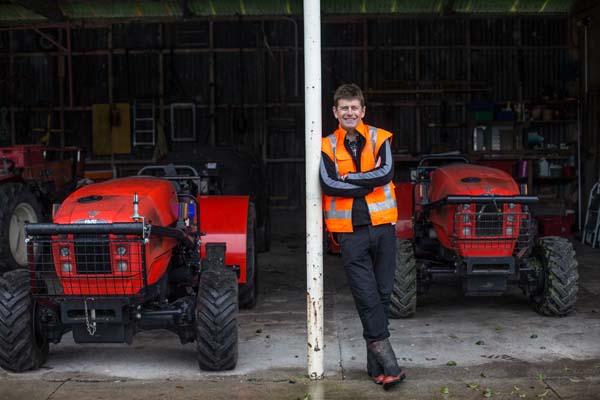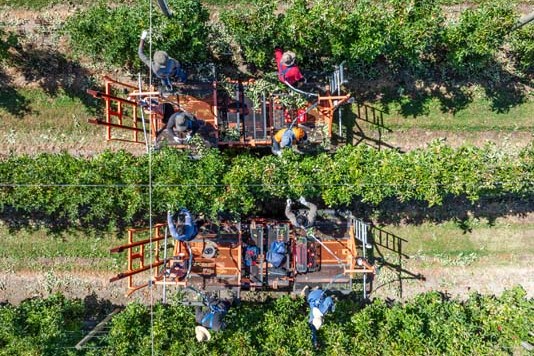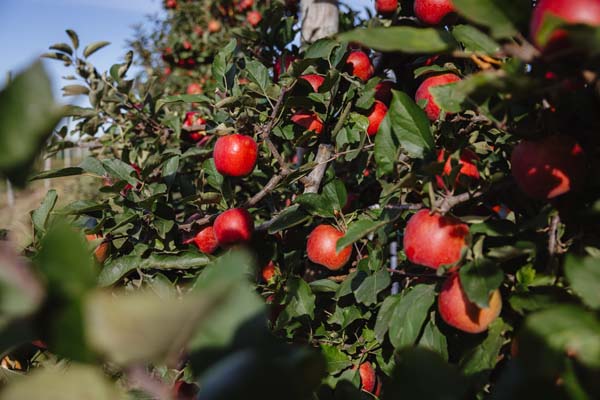Playtime learning
A community preschool in Mid-Canterbury supporting busy farming families and enabling mums to work. Anne Lee reports.
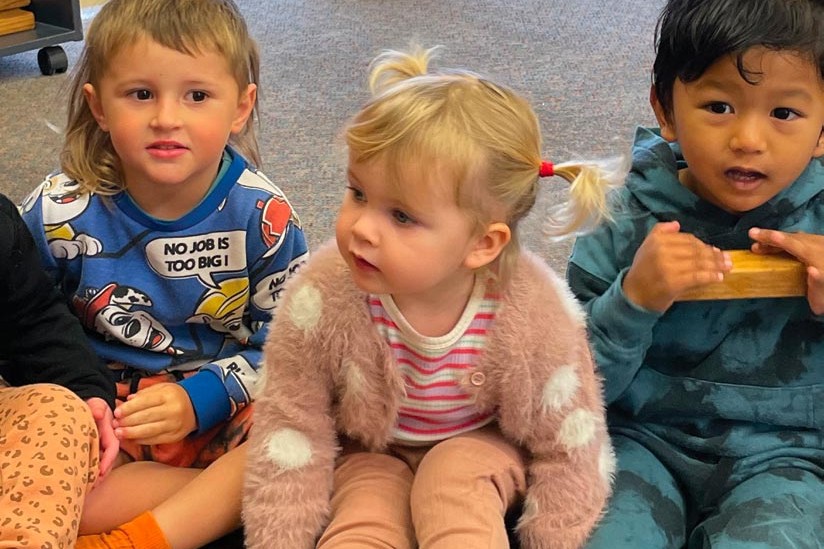
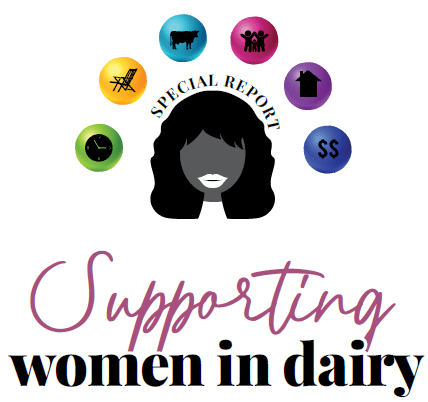 Ask any working mum what the number one stress point is when it comes to engaging with work and invariably the answer relates to having good quality, reliable childcare.
Ask any working mum what the number one stress point is when it comes to engaging with work and invariably the answer relates to having good quality, reliable childcare.
For some families that comes in the form of extended family members and for those close to town it can come in the form of preschools and daycare centres. But for mums who are working onfarm, even those considered to be well-located, a trip to the nearest town for daycare can add 70km or more to their daily routine and significant extra cost.
In Dorie, east of Rakaia and 35km north northeast of Ashburton, a community preschool has been running for 15 years.
It’s a charitable organisation, set up and run to support families in the area. Nicki and Peter Webster own a 620-hectare farming operation near Dorie in Mid-Canterbury.
Back in 2008 they converted part of their farm to dairying and it was the late Stacey Duckmanton, who came to work with them, who brought with her the idea of a community preschool.
“She had come from Clandeboye and they’d set one up there and we thought let’s give that a crack because there was quite a pocket of families here with small children.
“We surveyed people in the area and held a community meeting and found there really was a lot of support for the idea.”
The next step was to contact the Ministry of Education and find out the process for setting up a preschool and learn about the funding systems.
“The Ministry was supportive and helped us get to grips with what we had to do to get it up and running.”
Extensive due diligence was carried out to understand how many children were likely to enrol and what the likely flow of children would be over future years.
Due diligence also included getting plans drawn up and pricing for the building and coming up with a suitable location.
Tom and Suzie Mason from Terraverde dairy farm, neighbouring the Dorie school, came to the party with a deal struck for the parcel of land.
The community group applied for capital funding for the building from the government and were successful in securing $400,000.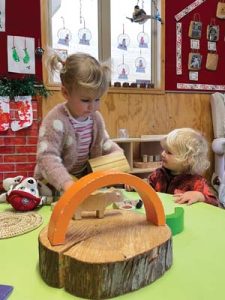
They then went to the community, raising another $110,000 for landscaping, the internal fit-out and to give a buffer for cost overruns.
The Dorie Community Preschool was officially opened in July 2009.
“Initially one of the drivers for the preschool was the fact we have a lot of families in the district, working on farms who don’t have family support nearby.”
Conversions to dairying brought more families to the district, but many came from elsewhere in New Zealand and overseas.
“It was also to help support the school – having it beside the school meant it helped the school roll too.”
And the health of a local school feeds into the health of a community.
Another consequence of the preschool has been to help make farming businesses in the area more attractive to potential staff.
“It’s definitely something people are quick to tell potential staff about.”
Nicki says it hasn’t been all plain sailing though. At the start the preschool charged $1/hour and the absence of other preschools in the district meant the roll was healthy.
The low fees combined with government funding, which is based on the number of children enrolled, covered the cost of teachers and admin support.
The fees rose as numbers of children fluctuated but more recently, fees have been dropped altogether.
Strong promotion and free fees have helped boost numbers again to where there are now close to 30 children enrolled ranging in age from a few months to four and heading next door to school.
Her advice to any community looking to set up a preschool is to work closely with the Ministry to understand how the funding works and to get someone on the board who has good governance experience.
“Don’t feel compelled to limit the board to parents. It’s a great place to learn governance skills, but you do need people on the board who have good capabilities and can help build the capabilities of others along the way.”
Unlike school boards there’s no trustees association to help with community preschool governance so it’s important to look around and bring expertise in.
“We’ve been very lucky too with our staff. We’ve had very loyal capable staff and still do and that makes a huge difference to the success of a preschool like this.”
The quality early childhood education the children receive means parents can be confident their children are getting the best right there in the local community.
Sarah Brett says the preschool is integral to her ability to work in the sharemilking business with her husband Glenn Jones.
“It absolutely supports our business and because it’s rural there’s this wonderful understanding of when the peaks in workload are for parents.
“The kids get to play and learn with other farm kids and there’s a lot of resources that are about the farm – it’s oriented around them.
“And it doesn’t matter if you turn up here to drop your children off in your gumboots and workgear – that doesn’t happen in town,” she laughs.
Rachael and Hamish Grant are 50/50 sharemilkers on a 380-cow property in the district.
Rachael says she’d never be able to work on the farm in the way she does now without the preschool.
She works part time, milking, rearing calves and doing general farm work. Daughter Adaline and son Reid attend and a new sibling is due in a few months.
Hamish is from Scotland and Rachael from Waihi so they have no local family support.
“We’d be lost without it,” she says.
Nikita Moore has two children at the preschool, Bonnie and Sonny.
She and her husband Brian returned from his home country Ireland earlier this year and the preschool has been a huge support given they don’t have family nearby. They are currently on a 1350 cow farm where Brian is the manager.
Nikita works calf rearing and as their near-term goal is to go contract milking, the preschool is vital to her ability to work in their own business.
“It has a huge impact for us to be able to work together, for me to be able to get along to meetings and to network with others.
“And it’s such a great place for the kids, the teachers are amazing and it’s such an inviting place.”



